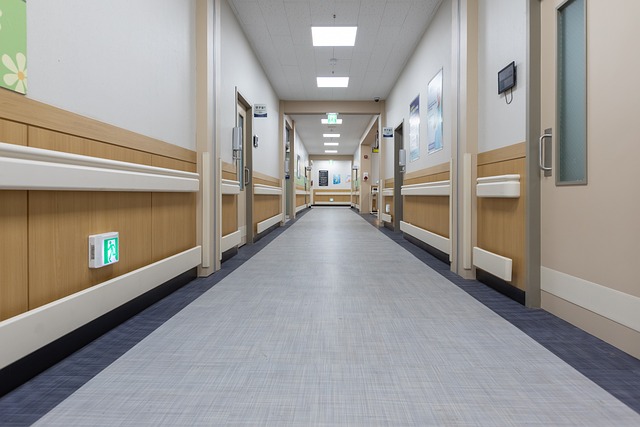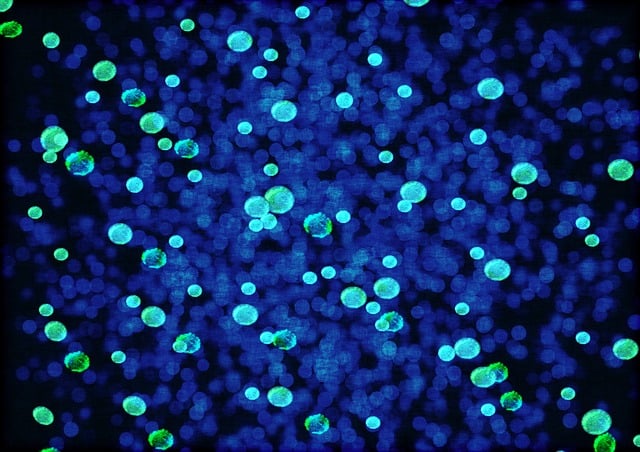Regenerative imaging and precision imaging technologies are transforming diagnostic tools in regenerative medicine by providing non-invasive insights into tissue repair and regeneration. These advanced medical imaging tools allow healthcare professionals to accurately visualize cellular and molecular processes involved in regenerative treatments, enabling personalized care and enhancing treatment outcomes. Optimizing these systems, including addressing API status codes like 524 responses, is crucial for seamless data transmission and efficient utilization of regenerative imaging in diagnosis and treatment planning.
In the ever-evolving field of regenerative medicine, accurate and advanced diagnostic tools are revolutionizing patient care. This article explores the latest innovations in imaging technologies that enable precise evaluation and guidance for regenerative treatments. From non-invasive diagnostics to precision imaging, these cutting-edge tools are transforming medical practices, enhancing efficacy, and opening new avenues for successful regenerative therapeutic outcomes. Discover how these advanced imaging techniques contribute to the future of regenerative diagnostic services.

The field of regenerative medicine is experiencing a transformative shift with the integration of advanced diagnostic tools, such as regenerative imaging and precision imaging. These innovative technologies are revolutionizing how we approach diagnostic tools in regenerative medicine, enabling more accurate and non-invasive assessments. Traditional medical imaging tools often lack the specificity to target specific cellular and molecular processes involved in regenerative treatments. However, modern advanced imaging technology can visualize these intricate mechanisms, facilitating personalized and targeted therapies.
By leveraging non-invasive diagnostics, healthcare professionals can now access detailed insights into tissue repair and regeneration without the risks associated with invasive procedures. This advancement paves the way for tailored regenerative diagnostic services, ultimately enhancing treatment outcomes in regenerative medicine. With these cutting-edge imaging techniques, researchers and clinicians are better equipped to understand complex biological systems, making significant strides towards effective and efficient regenerative therapies.
API responded with status code 524.

The integration of advanced imaging technology has revolutionized diagnostic procedures in regenerative medicine, enabling more precise and non-invasive assessments. These innovative tools play a pivotal role in the field by enhancing the capabilities of medical professionals to visualize and evaluate the complex processes involved in regenerative treatments. With technologies like precision imaging, healthcare providers can now gain deeper insights into tissue regeneration, cell behavior, and overall treatment efficacy. This shift towards advanced diagnostic services using medical imaging tools is transformative, fostering more effective and tailored patient care.
In this context, addressing issues related to API status codes, such as the occasional 524 response, becomes critical. Such codes indicate server errors, emphasizing the need for robust systems that ensure seamless data transmission and communication between various diagnostic platforms and healthcare networks. Optimizing these technical aspects is essential to facilitate the efficient utilization of regenerative imaging, ensuring accurate diagnosis and effective treatment planning in a timely manner.
The advancement of diagnostic tools, particularly high-tech imaging technologies, is revolutionizing the field of regenerative medicine. Non-invasive methods like precision imaging and advanced regenerative imaging offer a window into the body’s intricate processes, enabling healthcare professionals to make informed decisions for effective regenerative treatment planning. These innovative diagnostic services have the potential to enhance patient outcomes and shape the future of medicine.
